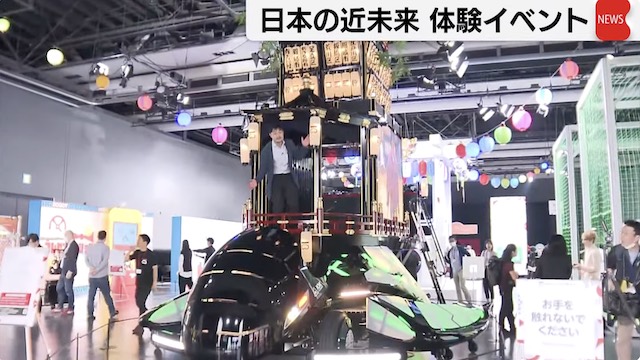Mar 26 (Nikkei) - Japanese fashion retailer Muji said on Thursday that its stores in China will continue to carry products made with Xinjiang cotton, separating itself from the uproar by Chinese netizens calling for a boycott of H&M and other foreign brands.
Muji's representative in China was quoted as saying by the Chinese-language edition of The Global Times, a publication affiliated with the Chinese Communist Party, that "our company has been using Xinjiang cotton."
The company's apparel with the label "Xinjiang cotton" were clearly displayed on Tmall on Thursday. It is not clear if Muji is also using Xinjiang cotton for clothes sold in Japan and other countries.
Muji's comments come after rival H&M's products were dropped on Wednesday by Alibaba Group Holding's e-commerce platform Tmall and other online marketplace operators, including JD.com and Pinduoduo. That followed a social media post on the same day by the Communist Youth League, the CCP's youth wing, rebuking the Swedish retailer's statement in 2020 against the use of Xinjiang cotton.
Ryohin Keikaku, the company that operates Muji, has conducted due diligence on all companies in Xinjiang that are involved in its supply chain, a company spokesperson told Nikkei Asia. The investigation was done by an independent auditing body, based on the Xinjiang Supply Chain Business Advisory from the U.S. government and other guidance issued by institutions and governments such as the OECD.
A Nike store in Beijing. Chinese singer Wang Yibo, a Nike brand ambassador, said on Thursday that he has ceased all collaboration with the company effective immediately. © Reuters
The Xinjiang Supply Chain Business Advisory was issued by the U.S. departments of State, Commerce, Treasury and Homeland Security in July 2020. It warns companies of "legal, economic and reputational risks of doing business with Chinese firms involved in human rights abuses."
The audit showed there were no major issues "except for observations that can be corrected," the Ryohin Keikaku spokesperson said in a statement.
The Japanese retailer "will ask companies in our supply chain to strive to improve working conditions, as well as to continue to cautiously gather information and take appropriate measures such as due diligence to prevent human rights abuse in the supply chain," the spokesperson said.
The spokesperson also said that if there were any inappropriate practices, the company would immediately ask its suppliers for corrections, and consider ending contracts if improvements are unlikely to be made.
China is an important market for Muji, which recorded 17% of its total sales from the country during March to November in fiscal 2019. Muji had 274 stores in mainland China as of August 2020.










